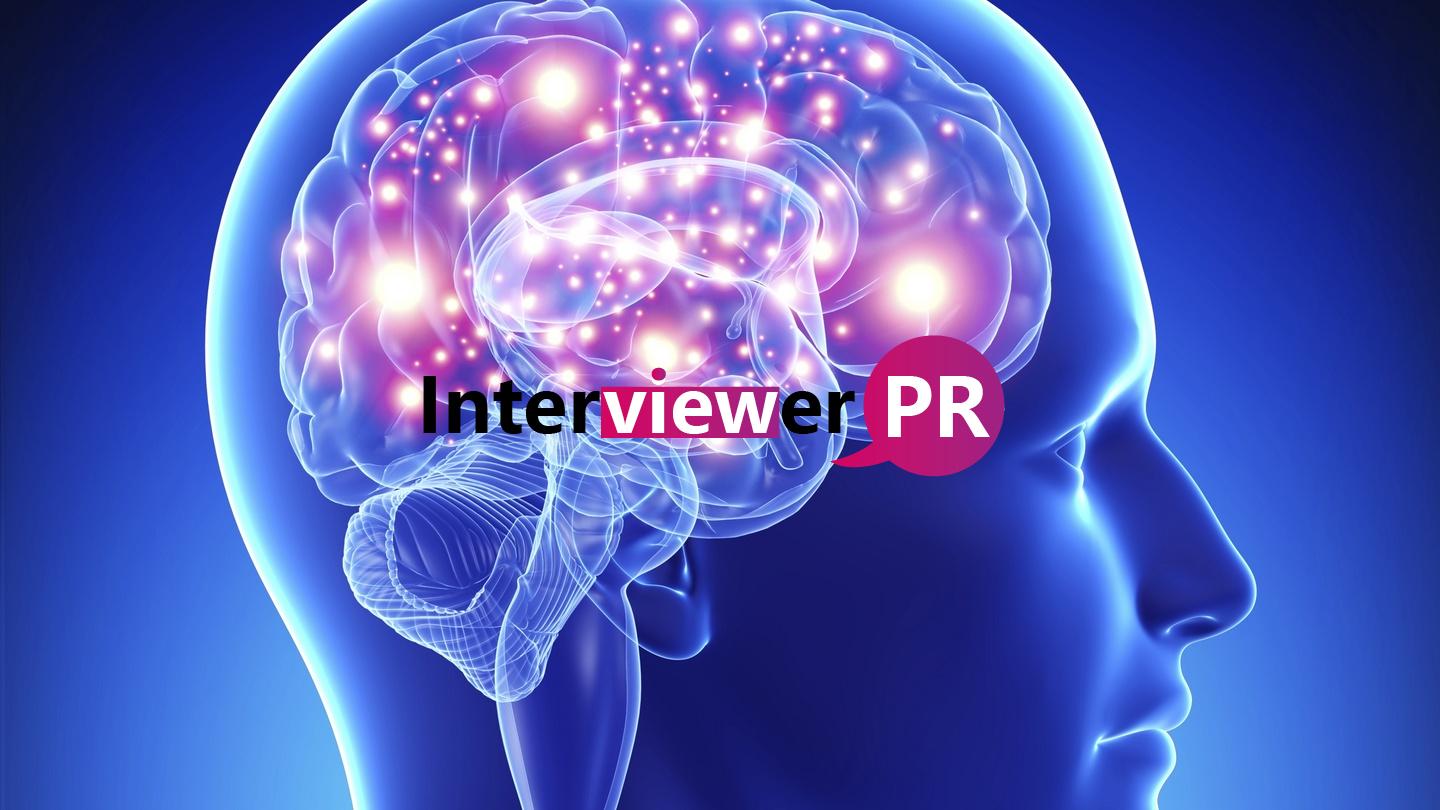Consciousness: the extraordinary, mysterious manner by which each of us thinks and is self-aware. Does it arise from inside the physical brain, or from something mysterious outside of it? Brain-scanning studies have convinced most that the answer lies inside our heads.
Consciousness has fascinated great thinkers since ancient times. In the fifth century BC, Socrates put forward the idea that the mind and body were made of different stuff. French philosopher René Descartes updated this for the Enlightenment age with his idea of dualism, which held that there was a mind-independent of the body.
This metaphysical idea – that the mind is a mysterious entity that is somehow separate from us – remains influential to this day. The study of consciousness remained solidly in the philosophical realm up to recent times as science had no way to measure it. That changed in the early 2000s with the arrival of brain scanning machines such as functional magnetic resonance imaging (fMRI).
These powerful scanners enabled scientists, for the first time, to peer inside our heads and seek out the signs of consciousness. It is a common belief that humans are exceptional and superior to other animals, because we are conscious and self-aware.
- Advertisement -
However, a growing body of evidence now suggests that consciousness is shared across the animal kingdom, albeit at differing levels. Humans are certainly exceptional, however, in the unique ability to consciously reflect on experiences and to share these experiences with other members of our species through shared language.
But scientists remain unsure why consciousness first evolved, or what survival advantage it gave us and other animals. There is an idea that it provided us with an ability to respond to our environment, such as moving to greener pastures when required. Higher consciousness took millions of years to evolve, so scientists believe it gave our human ancestors a big survival advantage. To study consciousness, it must first be defined. This can be difficult as there are many aspects to conscious experience.
There are the thoughts we have when waking in the morning and making plans for the day ahead. There is our emotional response to a piece of art, a book or poem that taps something deep in us. Our conscious experiences are subjective, individual and private by nature and are notoriously difficult to capture, measure and study. There are neuro-chemical signatures in the brain that arise from some aspects of consciousness, such as our ability to pay attention.
Neuroscientists know that we tend to pay attention to the things in the environment we are interested in, and this can be measured. Another important aspect to consciousness is memory, as we spend time reflecting on the past and how it relates to the present. The brain activity that results from memories can also be measured.


